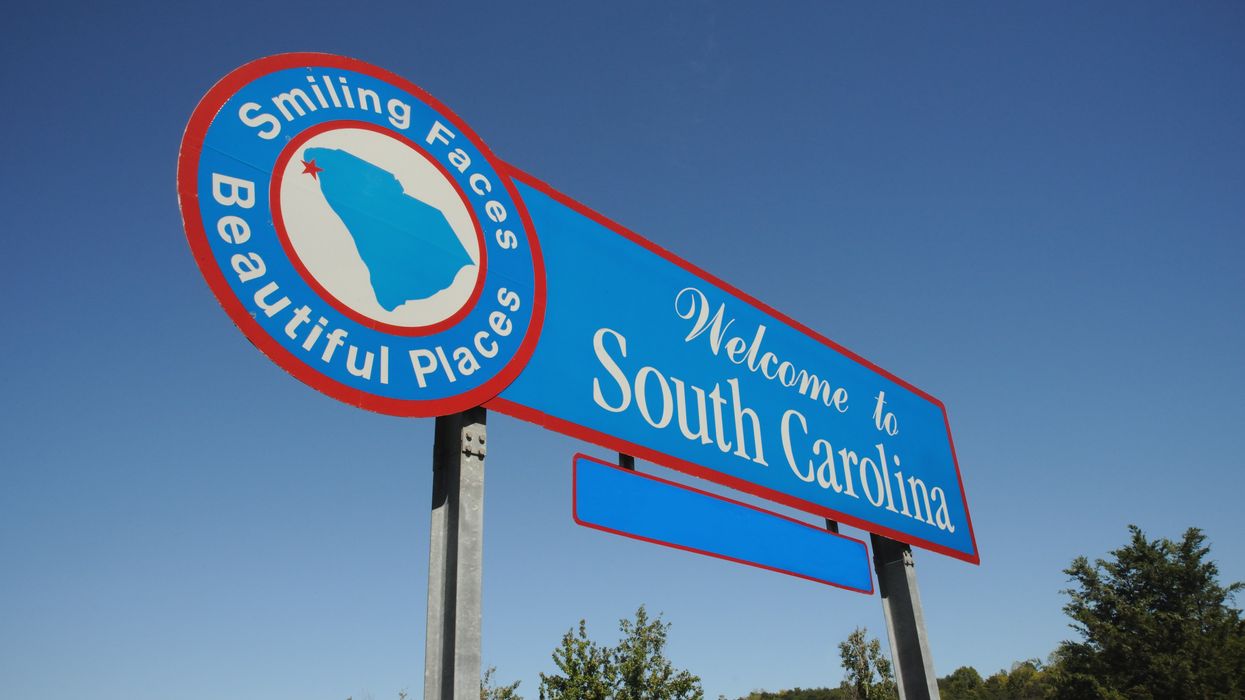White, a former Wisconsin commissioner of securities and a founding director of the ABA Center for Human Rights, is a member of the board of Lawyers Defending American Democracy.
The recent Supreme Court decision written by Justice Samuel Alito in Alexander v. South Carolina State Conference of the NAACP is astonishing. Alito, who prides himself on his knowledge of judicial history, has deliberately ignored the actual racist history of voting in South Carolina.
Amongst the many areas of criticism this decision warrants, two in particular stand out. First is the extraordinary decision by an appellate court to override the decisions of the lower courts on issues of fact and credibility of the witnesses; second, the intellectually dishonest attempt to suggest that the lower court misapplied the benefit of doubt. In essence, this decision turns on Alito’s determination that the South Carolina Legislature was acting in good faith.
The justice, an amateur historian, is either woefully misinformed or, in bad faith, intentionally ignored the history of South Carolina’s elected bodies.
Since Alito is a so-called originalist, his adherence to tradition in South Carolina takes on certain ironic characteristics.
It is generally considered that the first African slaves arrived in the area that would become South Carolina around 1526. At the beginning of the Carolina Colony, four of the eight lords proprietors were members of the Royal African Company, which traded slaves. In 1663 the lords proprietors encouraged settlers to have slaves by promising that they would be given 20 acres for every male slave and 10 acres for every female slave.
In 1683, the Black population was equal to the white population. By 1729, South Carolina counted more than 40,000 African slaves — a full two-thirds of the entire population. As the number of slaves outnumbered the number of white settlers, the primary concern of the plantation owners was a slave rebellion.
Since it was inconceivable that slaves would vote, there was little concern about their voting rights per se, but there was an acute recognition that extreme measures would be required to control a Black population that substantially outnumbered the white citizenry. South Carolina has had seven constitutions since its inception (including 1669, 1776, 1778), and each of these provided for slavery. They also reserved voting rights exclusively for white men who had 50 acres of land and the right to serve in the legislature for those with 500 acres. Under the 1790 Constitution, one must have been a slaveholder to serve in the legislature. While not strictly a constitution, South Carolina’s 1860 Declaration of Succession was the basis upon which the state seceded from the United States in large part due to the hostility of the federal government to the practice of slaveholding.
In South Carolina’s post-Civil-War Constitution, passed in 1865, the legislative representation only recognized the white population and only white men could be elected to the Legislature. After the Civil War came Reconstruction, a 14-year period where Black men had the opportunity to participate as citizens. But after the United States withdrew its troops from South Carolina, the state entered the Jim Crow years. One critical purpose of the Jim Crow regulations was to keep people of color in their place, augmented by a tremendous fear that if the Black vote was freely exercised then the existing white power structure of the state could be irrevocably and permanently altered.
Black people who lived in South Carolina were not permitted to vote from 1526 until 1865. In 1865 as a result of the 13th Amendment, Black male citizens were permitted to vote a scant 14 years before Jim Crow came into effect around 1879. During the Jim Crow era, South Carolina sustained a violent, creative and obscenely effective history of voter suppression. In addition to the use of violence, South Carolina has used literacy tests, property tests, grandfather clauses, all-white primary elections, purging voter rolls of black and Hispanic voters, arrests, poll taxes and government-issued IDs all to reduce the numbers of votes by people of color.
Black voting remained restricted until the Voting Rights Act of 1965. However the VRA was neutered in a decision by the Supreme Court in 2013 and voting suppression has again been increasing in South Carolina ever since.
So if Alito researched the true history of South Carolina from the arrival of its earliest white settlers, he would know that Black people have been denied the right to vote for roughly 436 years, and been permitted to vote mostly unrestricted for 14 years and then again for 48 years — roughly 100 years apart.
The evidence is overwhelming that, since its founding, there has always been a percentage of the white population of South Carolina that either never intended for nonwhite people to vote or was in desperate fear of what would happen in the event that nonwhite people were able to vote freely and obtain a majority of the popular vote. To this day, Columbia, S.C. remains highly segregated as a result of a staggeringly racist history that includes racially discriminatory redlining, lending, zoning and urban renewal policies, restrictive deeds, FHA policies, and a variety of other discriminatory government initiatives.
In his flawed analysis in the Dobbs decision that eviscerated a woman’s right to make reproductive health decisions involving her own body, Alito postulated that substantive rights that are not specifically mentioned in the Constitution must be “deeply rooted in this Nation’s History and tradition.”
It is in this context that Alito and the Supreme Court have determined that the South Carolina Legislature is entitled to the benefit of the doubt and that the Legislature’s invidious gerrymandering had nothing to do with race but only partisan advantage.
Alito’s confidence in the state is sorely misplaced. The South Carolina Legislature is not entitled to the benefit of the doubt. The Legislature’s intention has been clear on race for almost 500 years, as any true student of history must attest.




















Marco Rubio is the only adult left in the room